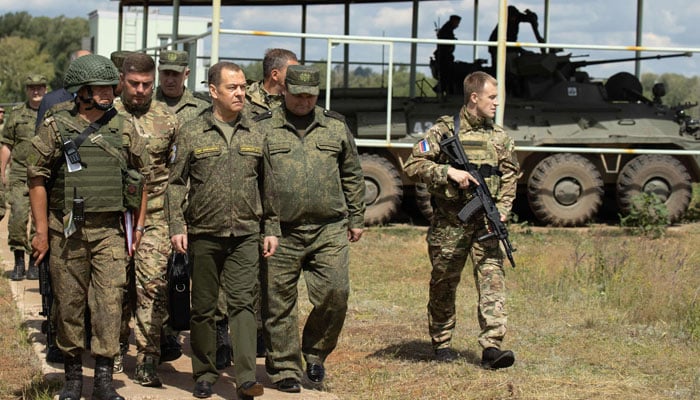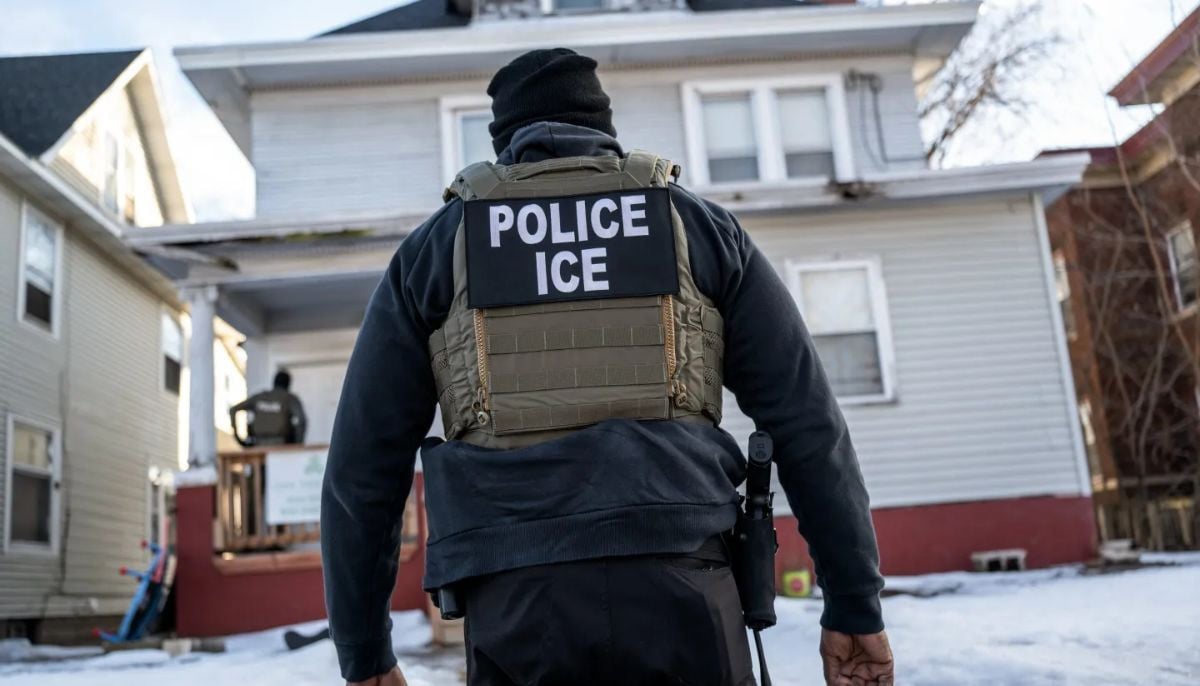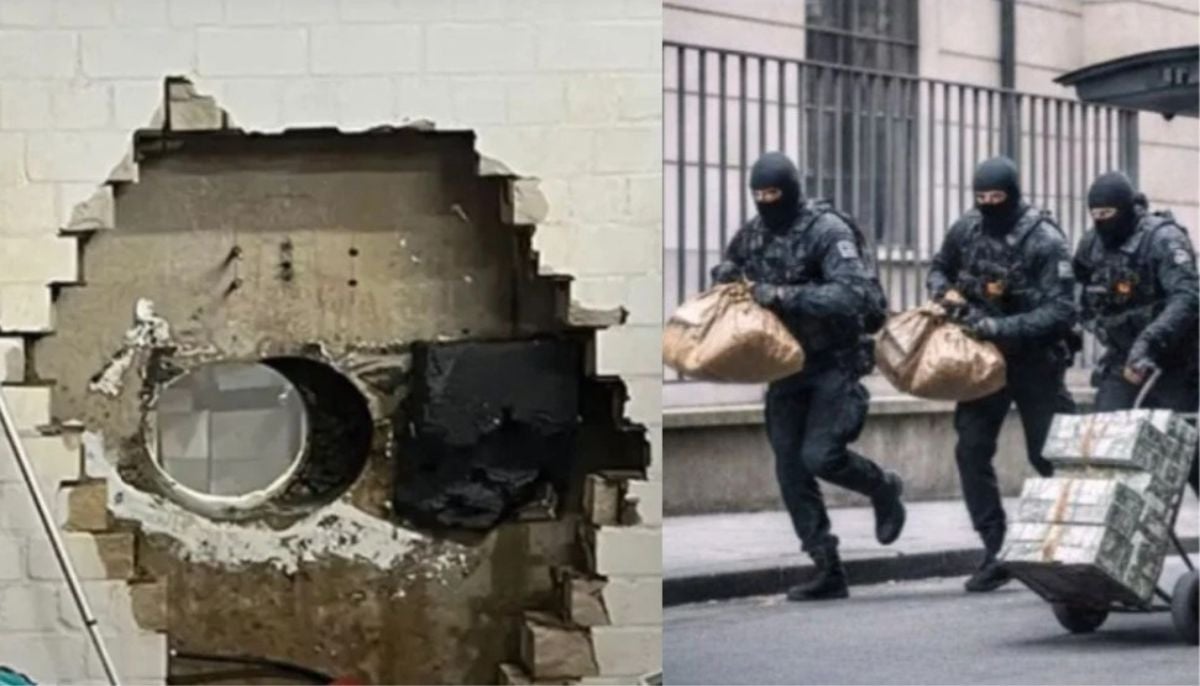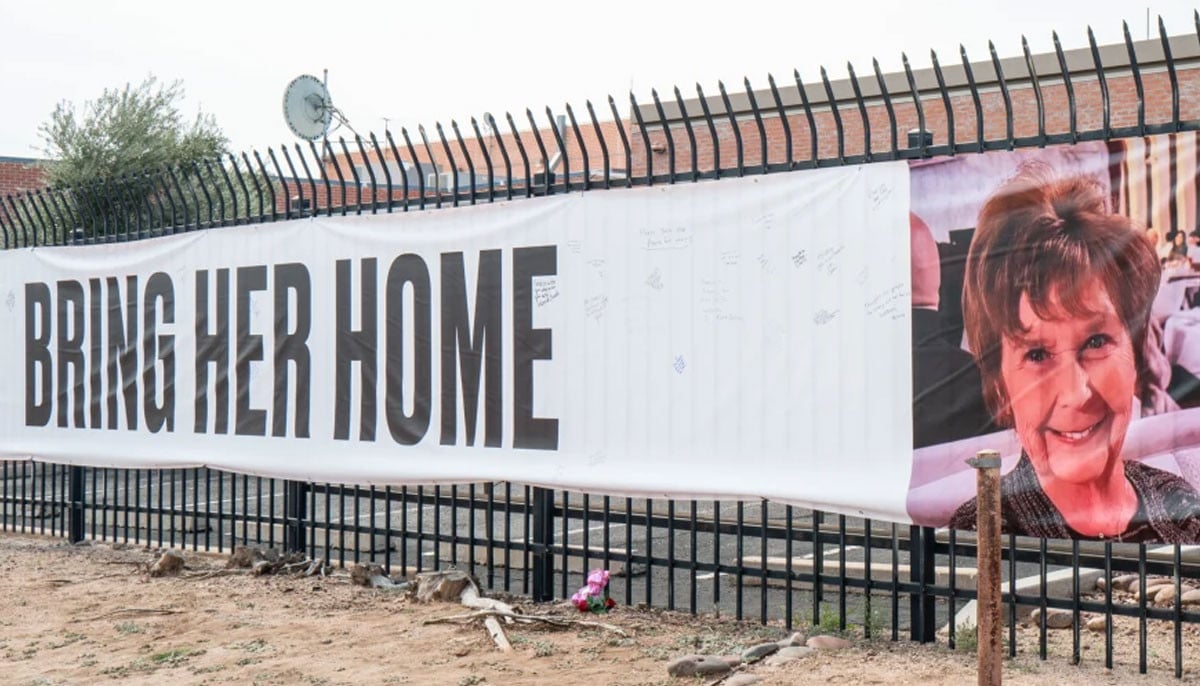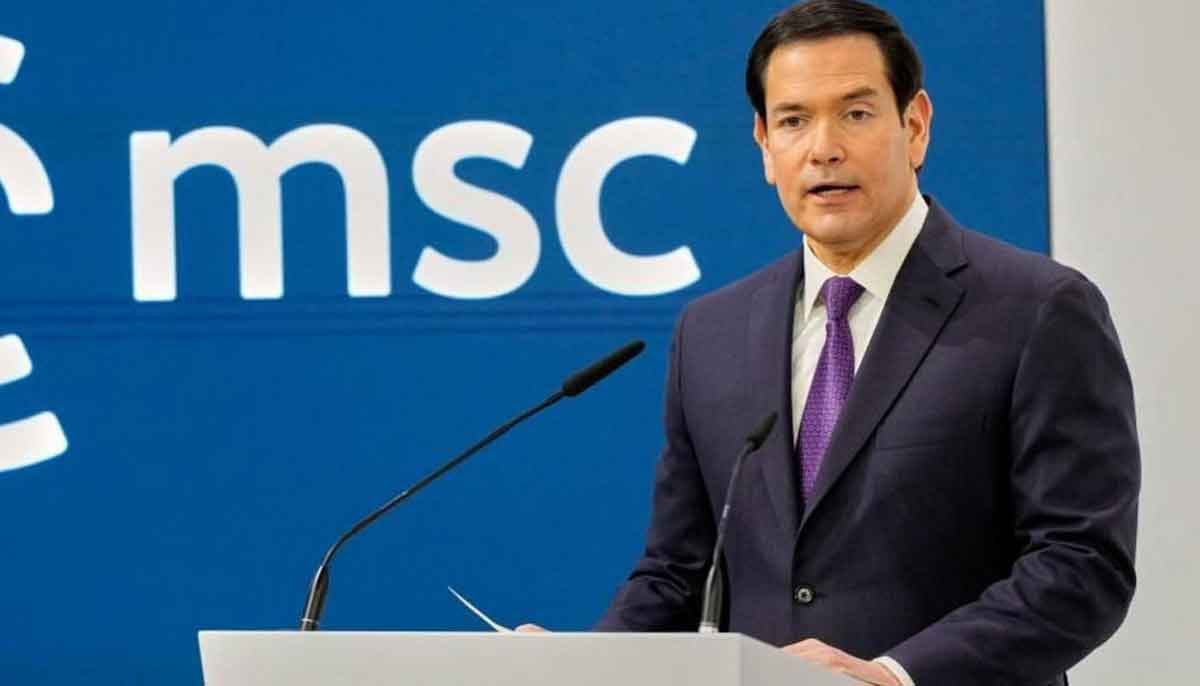Russian Security Council says 280,000 soldiers recruited since January
Medvedev previously said the army had recruited around 230,000 people since the start of the year
Dmitry Medvedev, the former president of Russia and the deputy chairman of the Security Council, said on Sunday that Moscow had enlisted some 280,000 people in the army since the year began.
As its Ukraine war enters its 19th month, Russia has refrained from announcing another mobilisation, which is viewed as a controversial move. Instead, it has actively promoted recruiting additional soldiers into the military.
"According to data from the ministry of defence, 280,000 people have joined the Russian army on contracts from January 1," Medvedev said, according to the TASS news agency.
"Part of them were in the reserves, part of them volunteers and other categories," he added, during a visit to the Far Eastern Russian island of Sakhalin.
In early August, Medvedev said the army had recruited around 230,000 people since the start of the year but these numbers have not been verified, according to AFP.
Since spring, the Russian army launched an extensive recruitment campaign, utilising online and street advertisements while offering higher salaries to attract future soldiers.
In September last year, the Kremlin made a U-turn on promises not to announce a military draft, announcing a partial call-up to make up for losses on the Ukrainian front that led to the recruitment of 300,000 men.
However, the announcement also triggered another wave of emigration from Russia, with hundreds of thousands believed to have fled abroad.
Medvedev, who led Russia from 2008 to 2012, has become one of Moscow's most hawkish voices in support of Putin's Ukraine offensive.
-
Rosie O’Donnell secretly returned to US to test safety
-
'Harry Potter' star Rupert Grint shares where he stands politically
-
Drama outside Nancy Guthrie's home unfolds described as 'circus'
-
Marco Rubio sends message of unity to Europe
-
Hilarie Burton reveals Valentine's Day plans with Jeffrey Dean Morgan
-
Jacob Elordi, Margot Robbie on 'devastating' scene in 'Wuthering Heights'
-
China to implement zero tariffs on African imports in major trade shift
-
Jack Thorne explains hidden similarities between 'Lord of the Flies' and 'Adolescence'
